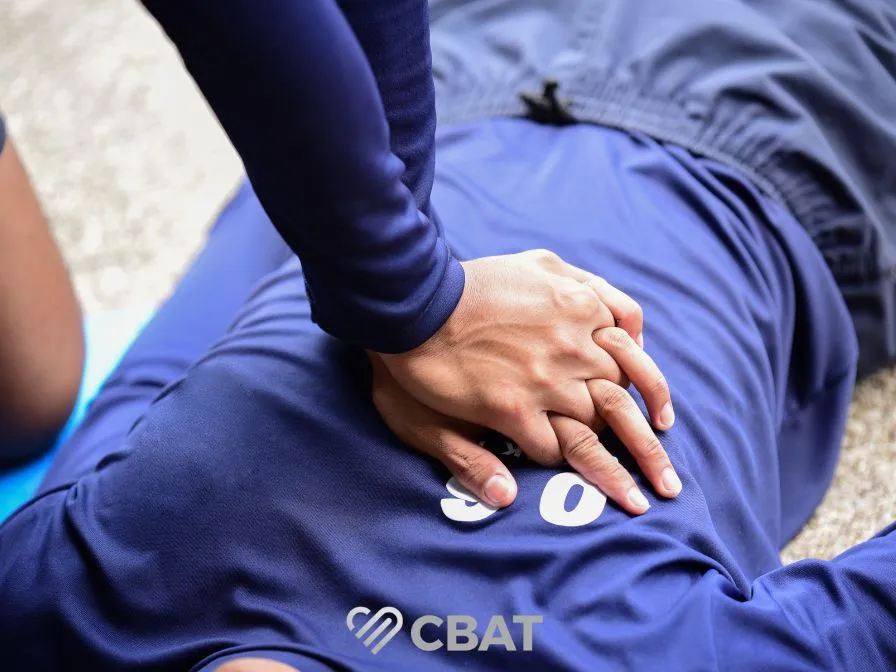Can Doctors Override Your Wishes? A Guide to DNACPR Laws

Do Not Attempt Cardiopulmonary Resuscitation (DNACPR) remains a complex area in health and social care. As professionals working with vulnerable adults, it’s vital to stay informed about the legal and ethical frameworks governing DNACPR recommendations—and your responsibilities when working alongside medical teams, families, and individuals.
Can doctors override a DNACPR decision in the UK?
Yes, under current UK law, doctors can override a patient or family’s request for CPR if they believe it would be clinically inappropriate, futile, or harmful. Learn more here.
A DNACPR decision is ultimately a clinical judgment. The law does not require a doctor to provide treatment that is not in the patient’s best interests or has no reasonable chance of success. However, good practice and guidance from the General Medical Council (GMC) and NICE stress the importance of involving patients and families in meaningful discussions, unless doing so would cause serious harm.
What are the rights of families in DNACPR discussions?
Family members do not have the legal right to demand or refuse CPR. However, if a person lacks mental capacity, families must be consulted to help determine what is in the individual’s best interests, under the Mental Capacity Act 2005. To learn more about the Mental Capacity Act 2005, click here,
Important: A loved one cannot override a valid DNACPR or an Advance Decision to Refuse Treatment (ADRT). But they can raise concerns and request a second opinion or a formal review.
Advance Decisions and Lasting Powers of Attorney (LPA)
If an individual has made a legally valid Advance Decision (ADRT) to refuse CPR, this must be respected by medical teams—even in an emergency. Find out more here.
Likewise, if someone has appointed a Lasting Power of Attorney (LPA) for Health and Welfare, the attorney has the legal authority to make decisions about life-sustaining treatment if the person lacks mental capacity.
Professionals in care settings should:
- Be aware of any ADRTs or LPAs on record
- Ensure that documentation is accessible and up to date
- Support families in understanding the role of these documents.
What is the ReSPECT process?
The ReSPECT process enables people to discuss and record their wishes, values, and preferences for future emergency care and treatment, including decisions about CPR (cardiopulmonary resuscitation). It is designed to ensure that emergency decisions are guided by what matters most to the person.
The term stands for Recommended Summary Plan for Emergency Care and Treatment.
Key points:
- Not legally binding like an ADRT
- Helps guide decision-making during emergencies
- Should be reviewed regularly as a person’s condition or wishes may change
As a care provider, ensure ReSPECT forms are stored correctly, shared appropriately, and reflect current discussions.
Legal best practice for care professionals
Health and social care professionals should be prepared to:
- Support open, honest conversations around CPR and end-of-life preferences
- Document discussions with families and advocates clearly and accurately
- Regular staff training to stay informed on DNACPR guidance, capacity law, and best interest decision-making.
While doctors hold the final say in issuing a DNACPR, the process must be person-centred, compassionate, and legally compliant. As a health or social care professional, your role is vital in ensuring that individual rights are upheld and respected at all times.
Why not explore our full range of training services here!
Or give us a call on 01772 816922